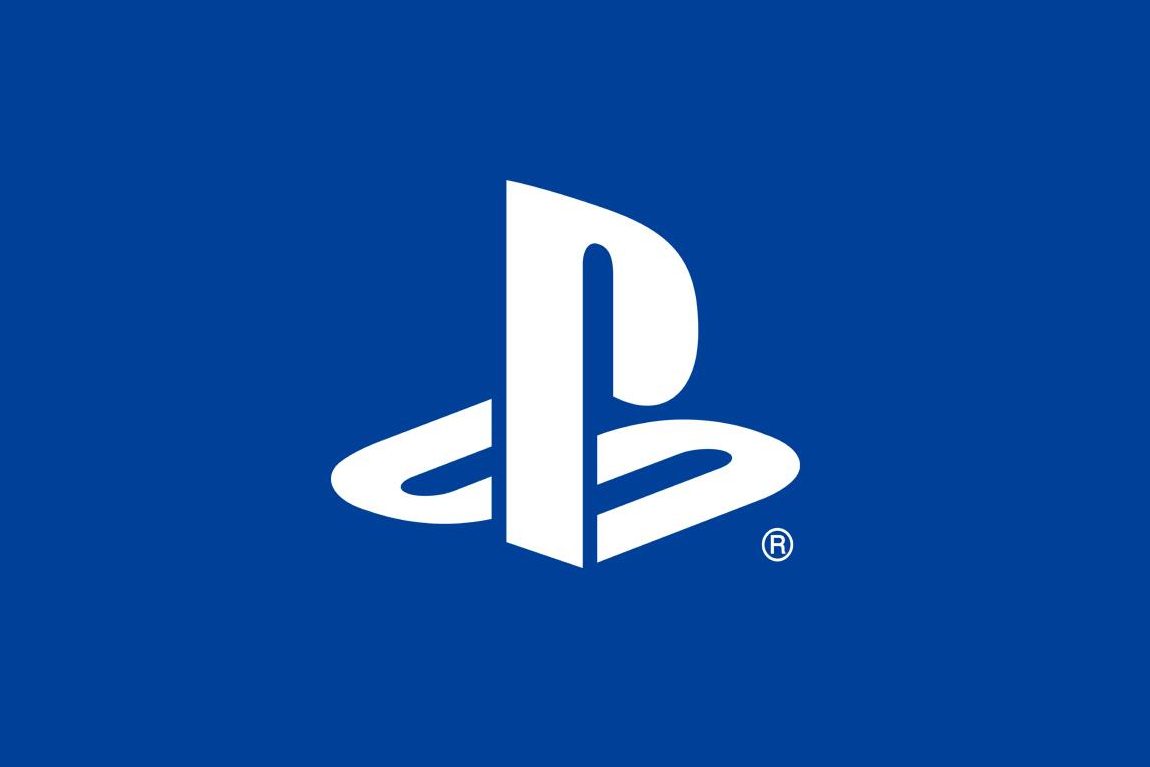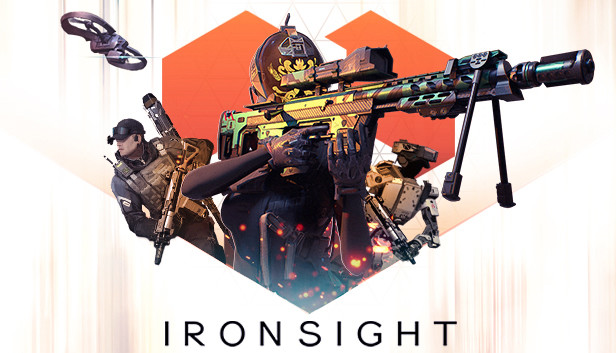The Rise and Fall of Concord: A Cautionary Tale in Gaming
September 6, 2024, 9:55 am

Location: United States, California, Princeton-by-the-Sea
Employees: 5001-10000
Founded date: 1994
Total raised: $50K

Location: United States, North Carolina, Cary
Employees: 5001-10000
Founded date: 1991
Total raised: $6.3B
In the world of video games, expectations can soar as high as a rocket. Gamers anticipate new titles with bated breath, dreaming of immersive worlds and thrilling gameplay. But sometimes, those dreams crash and burn. Such is the case with Concord, a first-person shooter from Firewalk Studios, backed by Sony. Launched on August 23, 2024, for $40, it quickly became a cautionary tale in the gaming industry.
Just two weeks after its release, the game is set to shut down. Servers will go dark on September 6, 2024. The decision comes after a dismal performance. Sales were weak, with only about 25,000 copies sold. The peak online player count barely reached 700, and in the days leading up to the shutdown, fewer than 30 players were online. A game that was supposed to be a beacon of excitement has dimmed to a flicker.
The development of Concord spanned eight long years and cost a staggering $200 million. This hefty investment promised a blockbuster. Yet, the reality was far from the vision. The game received lukewarm reviews, earning a score of 64/100 on OpenCritic and a mere 66% positive rating on Valve. These numbers tell a story of unmet expectations and dashed hopes.
Firewalk Studios, the team behind Concord, acknowledged the game's shortcomings. They admitted that it did not deliver what they had envisioned. The Game Director expressed regret over the decision to shut down the game, but emphasized the need to prioritize player experience. The studio plans to explore options for the future, possibly reworking the game into a free-to-play model.
This swift downfall raises questions. What went wrong? Was it the gameplay? The marketing? Or perhaps the expectations set by the studio itself? In an industry where competition is fierce, even a slight misstep can lead to disaster.
Concord was positioned as a major player in the crowded shooter market. The anticipation was palpable. Gamers were eager for a fresh experience, a new universe to explore. But when the game finally launched, it fell flat. The mechanics were criticized, the graphics underwhelming, and the overall experience left players wanting more.
In the digital age, a game’s success hinges on its community. Players are not just consumers; they are part of a living ecosystem. They share experiences, provide feedback, and shape the game’s future. When a game fails to engage its audience, it risks becoming irrelevant. Concord’s failure to build a vibrant community contributed to its swift demise.
Refunds are now being processed for disappointed players. Those who purchased the game on PlayStation 5 or PC will receive their money back. For many, this is a small consolation. The excitement of a new game has turned into a bitter disappointment.
The shutdown of Concord serves as a stark reminder of the volatility in the gaming industry. It highlights the importance of understanding player expectations and delivering a product that meets those standards. Developers must listen to their audience, adapt, and innovate.
As Firewalk Studios looks to the future, they face a critical juncture. The team must learn from this experience. They need to analyze what went wrong and how to avoid similar pitfalls. The gaming landscape is littered with the remains of failed projects. Concord must not join that graveyard without leaving behind valuable lessons.
The potential for a reimagined Concord exists. A shift to a free-to-play model could breathe new life into the project. It could attract a broader audience, allowing players to experience the game without the initial financial commitment. However, this path is fraught with challenges. The developers must ensure that the game is engaging enough to retain players and foster a thriving community.
In the end, Concord’s story is one of ambition and disappointment. It serves as a warning to developers and publishers alike. The gaming world is unforgiving. Players have high expectations, and when those expectations are not met, the fallout can be swift and severe.
As the servers go dark, the lessons learned from Concord will echo through the industry. Developers must remember that creating a game is not just about technology and graphics. It’s about crafting an experience that resonates with players. It’s about building a community that feels valued and heard.
In this ever-evolving landscape, success is not guaranteed. But with careful planning, genuine engagement, and a willingness to adapt, developers can avoid the fate that befell Concord. The gaming world is watching, waiting for the next big hit. Will it be a sequel to Concord, or will it be a new title that learns from its mistakes? Only time will tell.
Just two weeks after its release, the game is set to shut down. Servers will go dark on September 6, 2024. The decision comes after a dismal performance. Sales were weak, with only about 25,000 copies sold. The peak online player count barely reached 700, and in the days leading up to the shutdown, fewer than 30 players were online. A game that was supposed to be a beacon of excitement has dimmed to a flicker.
The development of Concord spanned eight long years and cost a staggering $200 million. This hefty investment promised a blockbuster. Yet, the reality was far from the vision. The game received lukewarm reviews, earning a score of 64/100 on OpenCritic and a mere 66% positive rating on Valve. These numbers tell a story of unmet expectations and dashed hopes.
Firewalk Studios, the team behind Concord, acknowledged the game's shortcomings. They admitted that it did not deliver what they had envisioned. The Game Director expressed regret over the decision to shut down the game, but emphasized the need to prioritize player experience. The studio plans to explore options for the future, possibly reworking the game into a free-to-play model.
This swift downfall raises questions. What went wrong? Was it the gameplay? The marketing? Or perhaps the expectations set by the studio itself? In an industry where competition is fierce, even a slight misstep can lead to disaster.
Concord was positioned as a major player in the crowded shooter market. The anticipation was palpable. Gamers were eager for a fresh experience, a new universe to explore. But when the game finally launched, it fell flat. The mechanics were criticized, the graphics underwhelming, and the overall experience left players wanting more.
In the digital age, a game’s success hinges on its community. Players are not just consumers; they are part of a living ecosystem. They share experiences, provide feedback, and shape the game’s future. When a game fails to engage its audience, it risks becoming irrelevant. Concord’s failure to build a vibrant community contributed to its swift demise.
Refunds are now being processed for disappointed players. Those who purchased the game on PlayStation 5 or PC will receive their money back. For many, this is a small consolation. The excitement of a new game has turned into a bitter disappointment.
The shutdown of Concord serves as a stark reminder of the volatility in the gaming industry. It highlights the importance of understanding player expectations and delivering a product that meets those standards. Developers must listen to their audience, adapt, and innovate.
As Firewalk Studios looks to the future, they face a critical juncture. The team must learn from this experience. They need to analyze what went wrong and how to avoid similar pitfalls. The gaming landscape is littered with the remains of failed projects. Concord must not join that graveyard without leaving behind valuable lessons.
The potential for a reimagined Concord exists. A shift to a free-to-play model could breathe new life into the project. It could attract a broader audience, allowing players to experience the game without the initial financial commitment. However, this path is fraught with challenges. The developers must ensure that the game is engaging enough to retain players and foster a thriving community.
In the end, Concord’s story is one of ambition and disappointment. It serves as a warning to developers and publishers alike. The gaming world is unforgiving. Players have high expectations, and when those expectations are not met, the fallout can be swift and severe.
As the servers go dark, the lessons learned from Concord will echo through the industry. Developers must remember that creating a game is not just about technology and graphics. It’s about crafting an experience that resonates with players. It’s about building a community that feels valued and heard.
In this ever-evolving landscape, success is not guaranteed. But with careful planning, genuine engagement, and a willingness to adapt, developers can avoid the fate that befell Concord. The gaming world is watching, waiting for the next big hit. Will it be a sequel to Concord, or will it be a new title that learns from its mistakes? Only time will tell.

